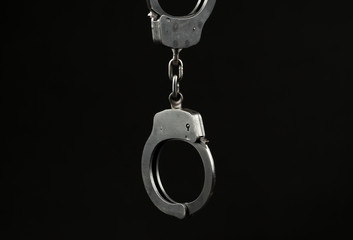If you violate the terms of your parole in Iowa, you could face a variety of legal consequences. It is important to secure skilled representation during violation hearings, so work with an experienced Dallas County probation & parole violation lawyer for knowledgeable legal advice.
What is Parole?
Parole is a form of early release from imprisonment that certain individuals may be entitled to. It allows prisoners to be released under supervision before they have served their entire sentence. The release is conditional, meaning that they must abide by certain rules and terms in order to maintain their freedom. Examples of relevant conditions include:
- Checking in regularly with a parole officer
- Obeying all laws and refraining from criminal activity
- Abiding by a curfew
- Submitting to random drug and alcohol testing
- Remaining in a specific geographical region
- Refraining from making contact with victims of previous crimes
- Maintaining employment and housing
What Happens if I Violate Parole in IA?
If your parole officer has probable cause to believe that you have violated the conditions of parole, they have the authority to arrest you or make a complaint to a magistrate who can issue a warrant for your arrest. After your arrest, you will make your initial appearance in front of a judge or magistrate who will:
- Provide written notice of the alleged violation
- Provide notice of the parole revocation hearing
- Advise you on your right to an attorney
- Potentially set bail
The parole revocation hearing will be conducted by an administrative parole judge who is also an attorney. The hearing is designed to determine whether the alleged violation occurred and whether your parole rights should be revoked. You will get a chance to hear the evidence against you, cross-examine witnesses, and argue your side.
At the end of the hearing, the judge will determine whether there is ample evidence to establish that a violation of the parole was committed. If not, you will continue on parole as you were. If it is decided that you did violate the parole, however, you could incur a variety of penalties.
Will I Go Back to Prison?
If it is determined that you violated your parole, generally, one of two things can happen. First, the judge can decide to allow you to continue on parole and remain free. They may make alterations to the conditions of parole to make them more stringent, or decide to forgo modifications.
However, the judge could also revoke your release and send you back to prison. For a first-time parole revocation, the period will last for up to two years in a correctional institution, after which you will likely be released and permitted to continue on parole. A second or subsequent parole revocation, however, will result in up to 5 years of reincarceration.
However, it is important to understand that if your parole violation was the commission of a new crime, you will be tried for your new charges separately. If you are convicted and sentenced to a term of imprisonment for the new offense, it will be served consecutively with your parole revocation.

